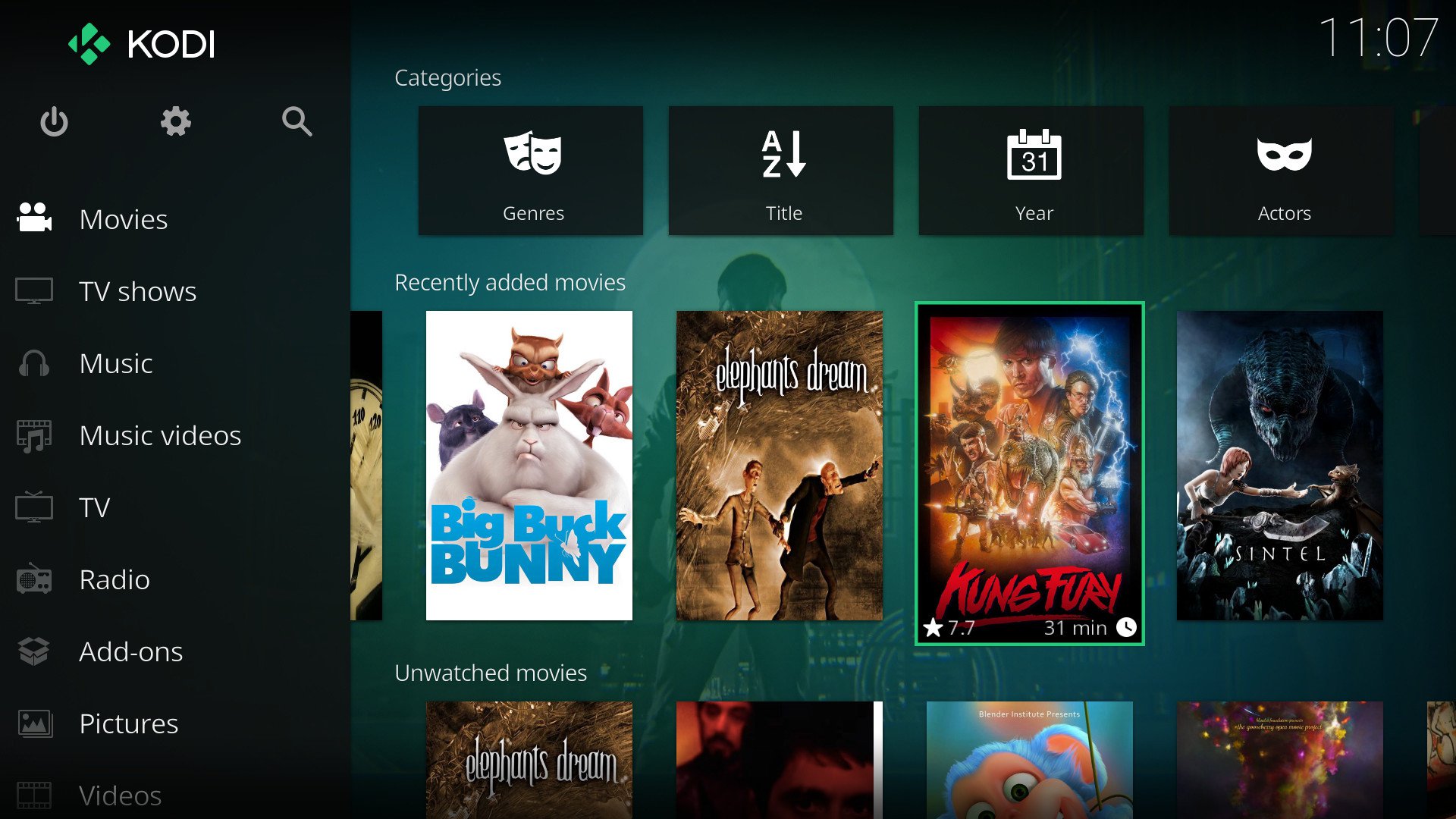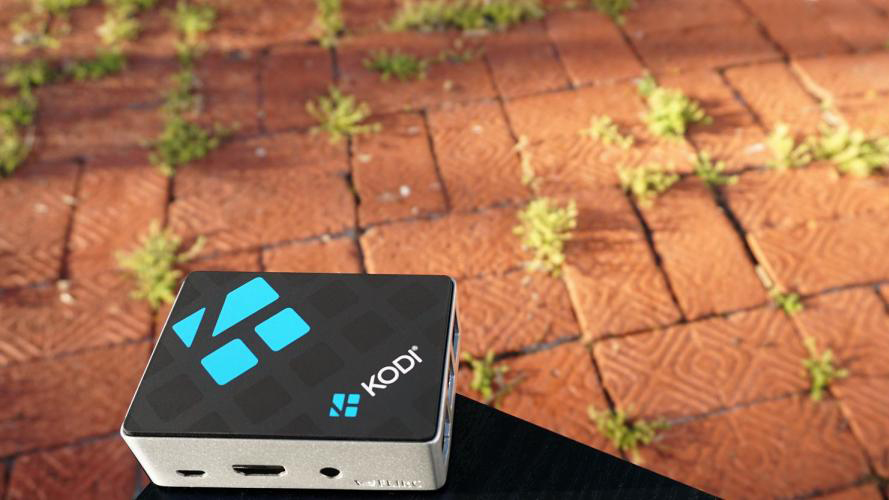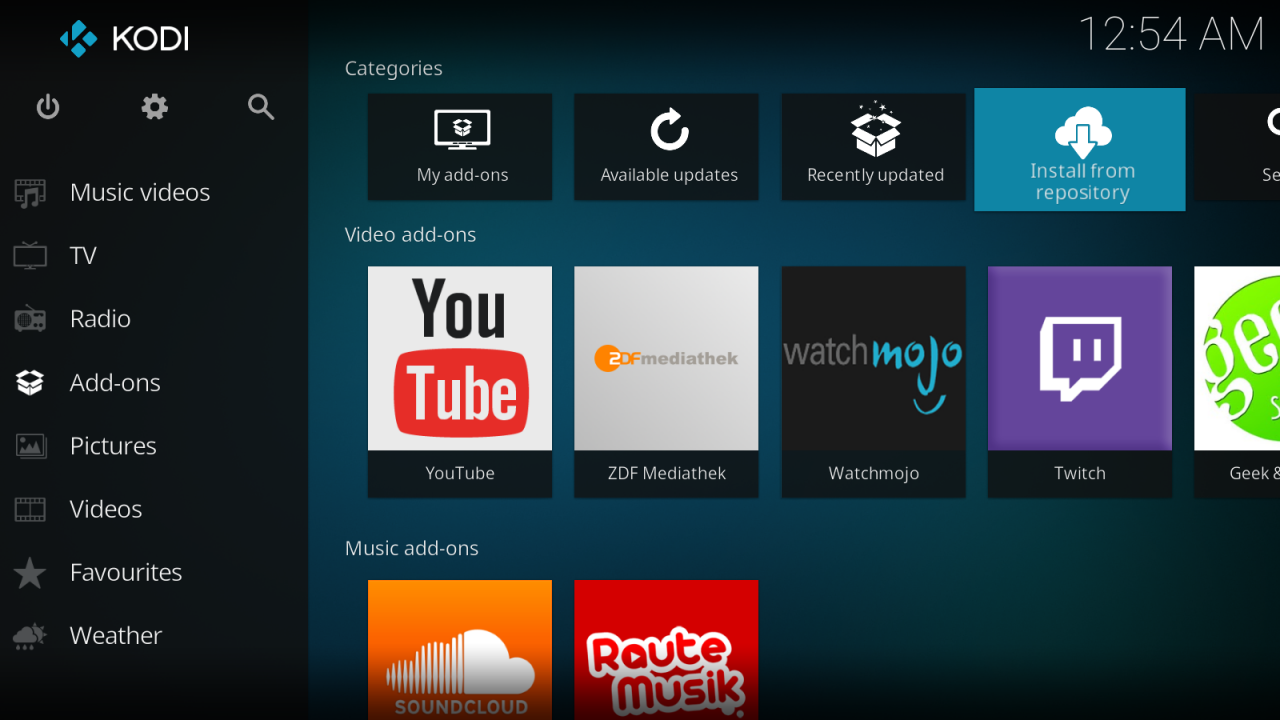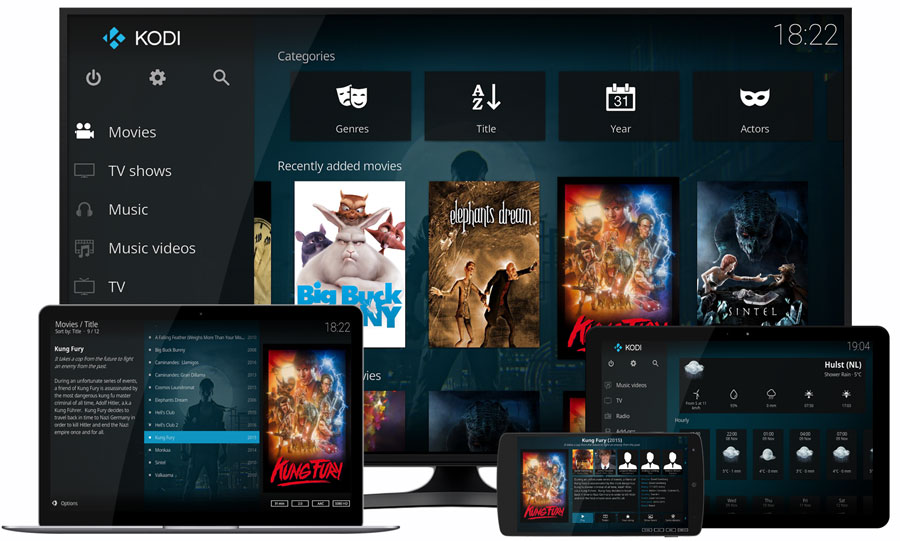Kodi: the good, the bad, and the illegal
A warts-and-all guide to the controversial streaming platform

Sign up for breaking news, reviews, opinion, top tech deals, and more.
You are now subscribed
Your newsletter sign-up was successful
Kodi is a term you’ve probably heard discussed a lot in the context of TV and movie streaming, but you may not be sure exactly what it means. Don’t worry though – you’re far from alone, and we’re here to help you get your head around the open source streaming software.
Essentially, Kodi is a platform for accessing all of your digital audio and visual content in a single, convenient place, and in its vanilla form is a foundation for more accessible personal media. However, its reputation has been tarnished by illegal activity, with the software able to be easily manipulated to grant users access to content of questionable origin.
It’s not all scandal and playing fast and loose with the law, though. Kodi is a complex mix of the good, the bad, the ugly and the illegal, a piece of software that can adopt many forms and fulfil many uses, some wholesome, some less so.
So if you’re struggling to get your head around Kodi, here’s what you need to know about the software that everyone can’t stop talking about – even if they themselves aren’t fully up to speed on its form and functions…
What is Kodi?
Simply, Kodi in its true form is free, open source software that can be used as a centralized media centre, letting you store all of your digital content in a single location and access it from virtually any device you like.
Things aren’t quite that straightforward though. Originally launched in 2002 as XBMP – or Xbox Media Player, in reference to its console roots – Kodi evolved to the better-known XBMC – Xbox Media Centre – in 2004 before eventually being rebranded and relaunched as Kodi in 2014.

It’s since branched out from its single device foundations, and can now act as a home streaming hub, connecting all of your devices on a single network, or over the internet. Bringing all of your content to one place, Kodi lets users store their movies and TV shows as well as their entire music collection and photo library.
Unlike some rival platforms, however, Kodi doesn’t offer any original content. There is no Kodi sales platform or app store. Instead, the software lets users collate their own content from a number of platforms and media formats including DVD, Blu-ray and remote hard drives.
Sign up for breaking news, reviews, opinion, top tech deals, and more.
While it can also double as a TV planner of sorts, letting you access digital EPGs and even record live TV shows directly for later viewing, and collating all your content into a single, easy to access and pleasingly laid-out form, it can also be enhanced by a number of plug-ins, bringing the likes of YouTube and Vimeo content to whatever screen you like.
It’s because of this extensive support network that Kodi is currently one of the most popular home-streaming services available for download. It’s also helps that it’s widely supported, with installs available for almost any device, including your TV, laptop, smartphone or tablet.
For those who want Kodi to be the centre of their home network, it can also be added to set-top boxes, and this is where some of the software’s issues by association have stemmed from. Some users with more questionable morals have been filling these devices with Kodi-hosted plug-ins that offer unlicensed access to all manner of copyright-protected content.
Is Kodi illegal?
While Kodi’s name is regularly dragged up in media reports on illegally-streamed content, Kodi software itself is not illegal to use.
However, the software can be utilized in such a way as to perform illegal activities, such as accessing live, copyright-protected sports broadcasts, or watching pirated copies of Hollywood films or the latest can’t-miss TV series without paying.

This is made possible by a number of downloadable add-ons and plug-ins, themselves enabled by the open nature of the Kodi platform. These nefarious uses have become a key draw for a number of law-flouting users, with Kodi becoming a prevalent tool for illegal activity.
Enabling and expanding these illicit applications, users and sellers are loading the software onto dedicated hardware devices known as ‘so-called Kodi boxes’. While Kodi doesn’t make any such hardware itself, these boxes have become readily available, although online retailers, including Amazon and eBay, have starting cracking down on their sale.
Such devices are illegal, and a number of arrests of individuals who were openly selling the doctored hardware have been made recently. As well as being pitched to private users, such devices have been increasingly sold to bars and clubs, granting their customers illegal access to live sports action.
But, as we’ve mentioned, despite being tweaked to enable some legally questionable uses Kodi is actually perfectly legal software – software that offers plenty of impressive features.
The good
Kodi isn’t just another media player, its versatility and open nature have made it a hugely popular platform.
The platform supports virtually all audio and video file formats, ensuring that all of your content, no matter how old or obscure, is accessible in a single location. Once you’ve configured your Kodi account to access the files you want, your files are automatically available on all your connected devices.

It’s not just content you own that can be accessed, either. Perfectly above-board Kodi plug-ins let you stream a range of free-to-access video content from the likes of YouTube, and Vevo. While all Kodi’s plug-ins are regularly all tarred with the same brush, this isn’t the case – they’re not all designed to enable illegal activity, promote torrent services and offer unpaid access to paywall-protected content.
As well as being convenient, Kodi is also a well-designed piece of software, with the platform pulling in a range of programme-specific bios and cover art around your content and enabling you to navigate your catalogue in an accessible, visual, tile-based format.
There’s another bonus to Kodi: the cost. The software itself is completely free to download and use, perfect for those tired of forking out significant sums for subscription-based streaming services they don’t make full use of.
The bad
All that said, the platform is being widely used to facilitate illegal activity, and as such the service has faced criticism from media regulators and legal content providers.
Kodi, however, has remained stubborn on the matter, insisting that it’s not about to change its user policies to thwart those seeking to download third-party plug-ins designed to facilitate illegal streams, dodgy downloads, and torrent services.

“Even though pirate streaming appears to be illegal in Europe, we still stand by our neutral policy,” Kodi’s community and project manager, Nathan Betzen, wrote in a recent blog post.
He added: “We are developers and not the police, and we have no interest in acting as police for our own software. Kodi will remain as free and as open as it always has. Feel free to continue using Kodi however you want.
“To us Kodi is and always will be just a tool, like a hammer, and how you choose to use that tool is up to you.
“We don't have any problem with users setting up their boxes however they want. We just want them to actually know what they are getting themselves into when doing so.”
While there is a difference between being directly involved in, or supporting, illegal activity, and turning a blind eye to it, Kodi’s approach continues to anger many, and will continue to do so until and unless it takes a harder line.
And the issue is likely to be brought into sharper focus moving forward, as stricter anti-piracy laws are introduced targeting those who utilize Kodi and similar services to access licensed content without paying.
What is being done to control illegal content on Kodi?
While Kodi maintains that the onus is on the user to do the right thing, lawmakers and some retailers have taken a firmer line.
At the start of May, European judges ruled that the use of multimedia players to stream pirated video content would be subject to the same tough laws that govern the downloading of illegal content.
Although Kodi devices weren’t mentioned by name, given their prominence it’s widely thought that their growing impact has been the driving force behind such legal moves.

In the UK meanwhile, the recently passed Digital Economy Act is designed to crack down on the use of ‘so-called Kodi boxes’ and other devices that have been modified to permit the illegal streaming of copyrighted content. New laws carry a maximum jail term of 10 years for those found guilty.
The act states: “A person…who infringes copyright in a work by communicating the work to the public commits an offence if [the person] knows or has reason to believe that [they are] infringing copyright in the work, and…knows or has reason to believe that communicating the work to the public will cause loss to the owner of the copyright, or will expose the owner of the copyright to a risk of loss.”
Lawmakers aren’t the only ones cracking down on Kodi. Tired of people accessing its content for free, the English Premier League has been granted permission to close down servers hosting illegal streams of soccer matches. Previously it had only been able to shut down individual streams, which could be moved to a new host within minutes.
Elsewhere, Amazon and eBay have blocked sales of ‘so-called Kodi boxes’ and similar devices, and Apple has blocked the native Kodi app from the App Store due to concerns over its use of third-party plug ins – so if users want to access Kodi on their iPhone or iPad they’ll need to jailbreak their device.
So while Kodi itself continues to do nothing wrong, the software remains highly controversial. And given the platform’s growing popularity, it’s unlikely that the controversy is going to go away any time soon.
- Best Kodi boxes for streaming in 2017